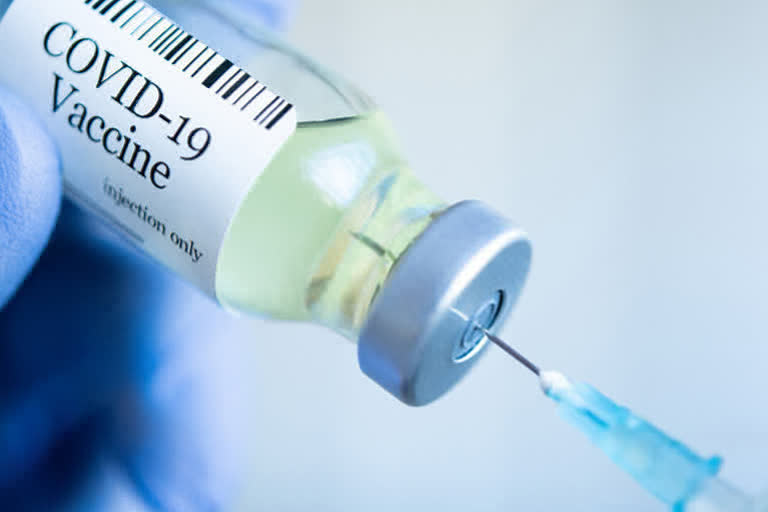New Delhi: A new comprehensive guidelines for the management of Covid-19 patients issued by the Directorate General of Health Service (DGHS) has dropped the use of Ivermectin, HCQ and inhalational Budesonide from its use. The guidelines further said that a high-resolution CT (HRCT) chest scan should not be done for the purpose of diagnosing and screening Covid-19 infection. The guidelines issued by DGHS, however, contradicted the Indian Council of Medical Research (ICMR) guidelines that recommended the use of both Ivermectin and Hydroxychloroquine for treating Covid19 patients.
"It's an evolving scenario based on scientific evidence. Use of drugs depends on the availability of scientific evidence," said Dr Suneela Garg, a senior advisor at ICMR and a renowned health expert. The 9-page guidelines of DGHS suggest that oxygen support needs to be titrated to maintain SpO2 between 92 percent and 95 percent in patients without chronic obstructive pulmonary disease (COPD). It said that treatment by steroids, anti-coagulants and or immune-modulators shall be guided by the results of the baseline and repeat investigations.
Also Read: SC starts hearing on Suo Motu Cognisance case of Covid-19 in children protection homes
The new guidelines issued by DGHS was also specific on the use of HRCT scan. It said that High-resolution CT (HRCT) scans of the chest provide better visualization of the extent and nature of lung involvement in patients with Covid-19. However, any such additional information gained from the HRCT scan of the chest often has little impact on treatment decisions. At present, treatment decisions are based almost entirely on clinical severity and physiological impairment. Therefore, physicians should be highly selective in ordering HRCT imaging of the chest in patients of COVID-19, the DGHS guidelines said.
"Nearly two-thirds of persons with asymptomatic COVID-19 have abnormalities on HRCT chest imaging which are nonspecific. Most of them do not progress clinically. HRCT imaging of the chest done in the first week of illness might often underestimate the extent of lung involvement, giving a false sense of security. The correlation between the extent of lung involvement by HRCT imaging of chest and hypoxia is imperfect. Often, young individuals with extensive lung involvement will not develop hypoxia, while elderly individuals with minimal and less extensive lung involvement are likely to develop hypoxia," the Covid19 management guidelines issued by DGHS said.
Also Read: Major tragedy averted as security forces recover IED in J-K's Pulwama
Regarding the use of Remdesivir, the DGHS guidelines also said that the drug is a reserved drug approved by DCG(I) under Emergency Use Authorization only based on limited scientific evidence globally. "It is to be used only in select moderate and severe hospitalised Covid-19 patients on supplemental oxygen within 10 days of onset of disease," the DGHC said. On the use of Tocilizumab, the guidelines suggested ensuring that the patient is free of any bacterial or fungal and tuberculous infection at the time of administration of Tocilizumab.
Also Read: AIIMS Delhi starts screening of children for Covaxin trials



